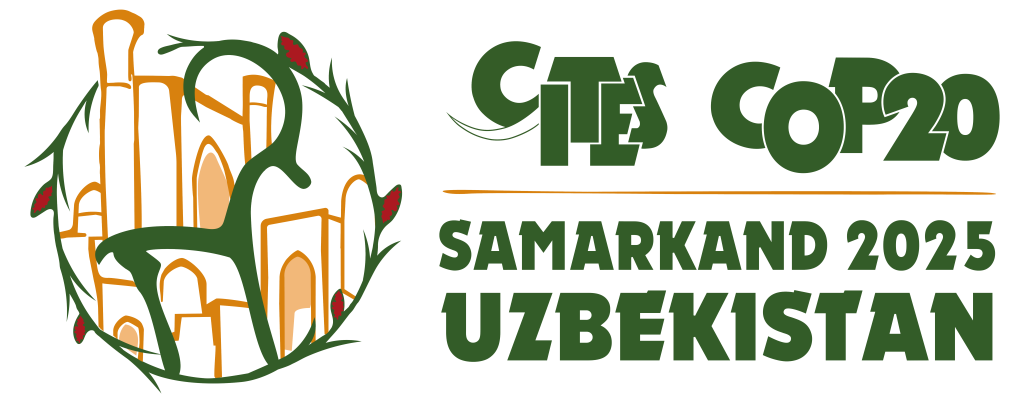We have a major challenge ahead of us here in Brazil. Does the IWC possess the courage and capability to reform itself? Or will it evade its responsibilities once again? Previous attempts to normalize its processes have failed, leaving the IWC unrecognizable from the institution created seventy years ago. Now we have a proposal before us from Japan that offers us a way out of the impasse, if only we can muster the will to reform the IWC decision-making process.
IWMC has long warned that the IWC has made itself irrelevant and is living on borrowed time. Japan’s proposal is bold because it cedes significant additional power to the anti-whaling majority and to the committee system that serves it. This should give anti-whaling hawks pause for thought.
If we adopt Japan’s proposal, a simple majority would decide important matters. Japan’s reforms would also open the door to limited commercial whaling. But this could only happen in a highly-controlled and sustainable manner. If we have the commonsense to take this considered step, anti-whaling countries would not have to “lift” the moratorium. Instead they could save face and still wave the banner for “saving” the whale. While Japan could wave the banner for saving the IWC. The only available alternative to this win-win scenario seems to be for the IWC to limp on in a dysfunctional and discredited manner until it finally collapses.
This is not to diminish the difficult decisions facing member states at IWC 67. But the debate about whaling is really a subset of the broader debate about cultural values, animal welfare, global food production and how – or whether – to feed the poor. Every nation has a different relationship to its land and marine environment. Nations also possess diverse cultural traditions and histories, which shape how they exploit their raw material resources and source their protein to feed their people. In other words, nature’s bounty is as diverse as human tradition and cultures. We all relate in our own ways to forests, crops, fish, seals, birds, cattle or whales.
A nation or religion that chooses not to hunt or eat a species of animal is doing so from a position of self-determination. But when one nation denies another that right merely for reasons of politics, taste and sentiment that is nothing other than intolerant cultural imperialism. Why should one group of nations have the right to tell another whether to sustainably harvest and trade marine or other natural resources? With power comes responsibility. The IWC needs to be a more effective and fair organization that respects competing cultures. It is time for it to show true leadership.
At IWC 67 the animal rights lobby will argue that all whales must remain off-limits. Brazil and its allies will argue that whales need more protections, magically supplied by the creation of a vast and unneeded South Atlantic Sanctuary. Interestingly, the average age of people in Brazil is just 31 years. Most Brazilians were not even born when the IWC imposed its moratorium on commercial whaling 36 years ago. Yet a moratorium is not meant to be a life-long sentence, but a temporary suspension.
IWC 67 could finally open the way for a consensus to emerge. One based on tolerance for the livilihoods and lifestyles of others. One that also gives full respect to the scientific evidence.
Emotional, indignant and negative soundbites should no longer be allowed to determine IWC policies and to dismiss sensible solutions to difficult problems. Delegates should embrace the creative opportunity provided by Japan at IWC 67.


